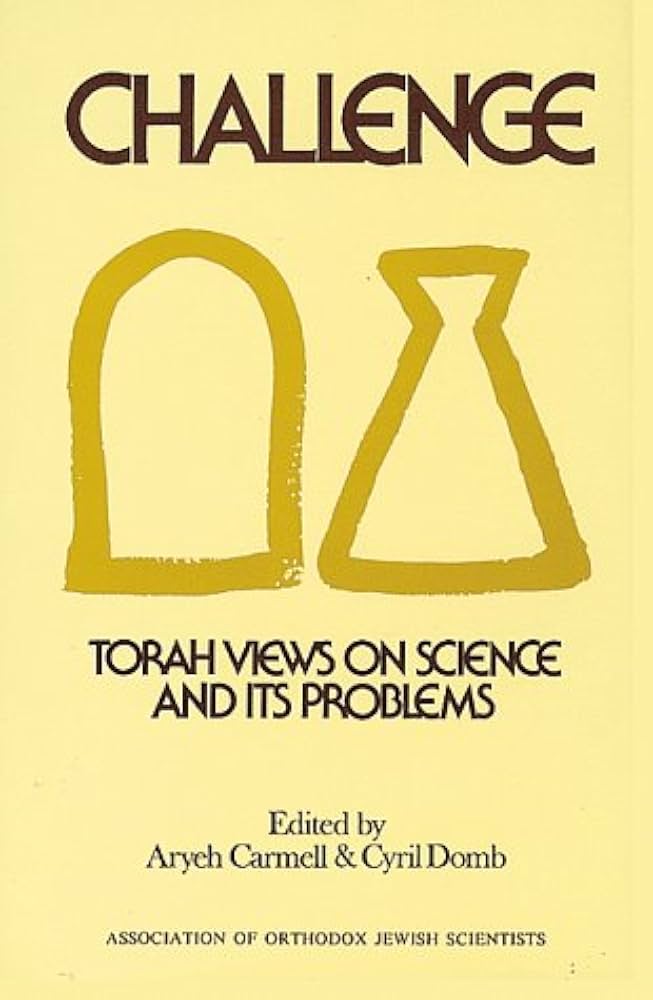As I’ve posted before, I see a large part of Jewish law (at least when it was formed) as reconciling the Torah, with its barbaric and tribal mentality, with a more modern and (mostly) more humane outlook. When I was looking at the Torah for abridgement, I noticed this to be quite a strong theme: in many cases the law as it’s plainly stated is quite different to the Jewish rabbinic interpretation. This seems to be a series of problems and solutions, whereby the Torah presents something impractical or barbaric and the rabbis try to minimise or reverse the impact. (Of course there are plenty of instances where rabbinic law is harsher and more barbaric than “plain” Torah law, maybe I’ll post about that as well). Here are three examples, more to come in future posts.

- Area: Criminal law
Torah Problem: An extremely harsh criminal system, with capital punishment for dozens and dozens of offenses. (This is the general problem, some specific instances of this problem follow) 26 is the count from this Wikipedia article but some of those include many sub-categories
Rabbinic Solution: Establishing a court system that makes it very hard (almost impossible) to be convicted of a capital case. The defendant must have two witnesses who warned them before the act and reminded them it was a capital crime, there are many rules for disqualifying witnesses, in argumentation things are weighted very heavily towards the defendant and many offenses must conform to an extremely specific set of requirements before it’s a capital offense. For instance, the breaking of the Sabbath, to be a capital offense must be one of the 39 forbidden classes of action but it must be done in the normal manner, for the intended purpose, with a certain durability and so on. - Area: The rebellious son
Torah Problem: A particularly barbaric law allows parents to kill rebellious children: “If a man has a wayward and defiant son, who does not heed his father or mother and does not obey them even after they discipline him, his father and mother shall take hold of him and bring him out to the elders of his town…They shall say…’This son of ours is disloyal and defiant;he does not heed us. He is a glutton and a drunkard’,” thereupon he is stoned (Deut 21:18-21).
Rabbinic Solution: First the rabbis engage in as literal of a reading of this passage as possible to make it impossible to get a conviction. Glutton and drunkard means he must have stolen money from his parents, bought a certain amount of uncooked meat and wine and consumed it on another person’s premises. Son means girls are excluded and this is only applicable in a period of a few months (between “boy” and “man”). They shall say means it only applies if both parents have an almost identical voice. These are so ludicrous that their intent in abrogating the law is clear. Finally, one opinion is that there never was an execution under this law and there never will be, but that it was only given by YHWH for the merit of studying it… - Area: An eye for an eye
Torah Problem: The Biblical law of an eye for an eye, a tooth for a tooth, a life for a life etc. is barbaric and also impractical to uphold. Modern secular scholars see the law as liberal for the time in that it tells people to only take a life for a life thereby attempting to reign in vendettas. Still, not a picnic for a slightly more advanced legal system.
Rabbinic Solution: Paradoxically (or revealingly since it is a solution), this law is taken by rabbinic Judaism to be referring only to monetary compensation and not to defendants getting maimed by the court. So on this interpretation, eye for an eye means if I blind someone I must pay them the exact monetary value of their eye (as determined by the rabbinic court), no less. In fact the Orthodox Jewish view tends to be quite indignant at the interpretation that it means reciprocal punishment, and often considers it one of the biggest non-Jewish misinterpretations of the Torah.






0 Comments